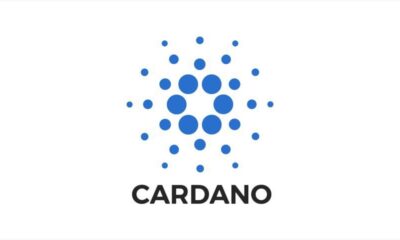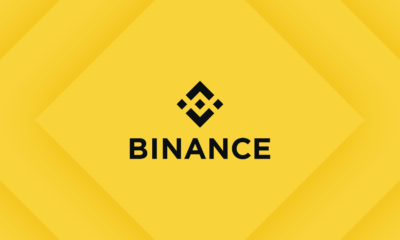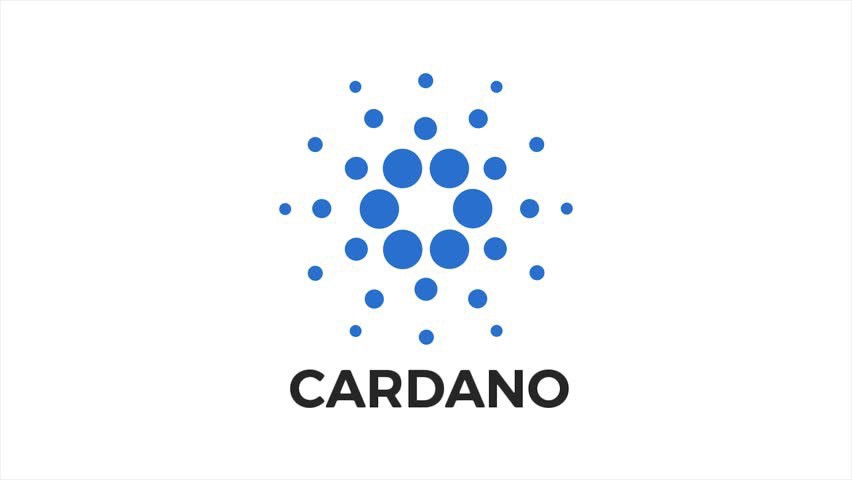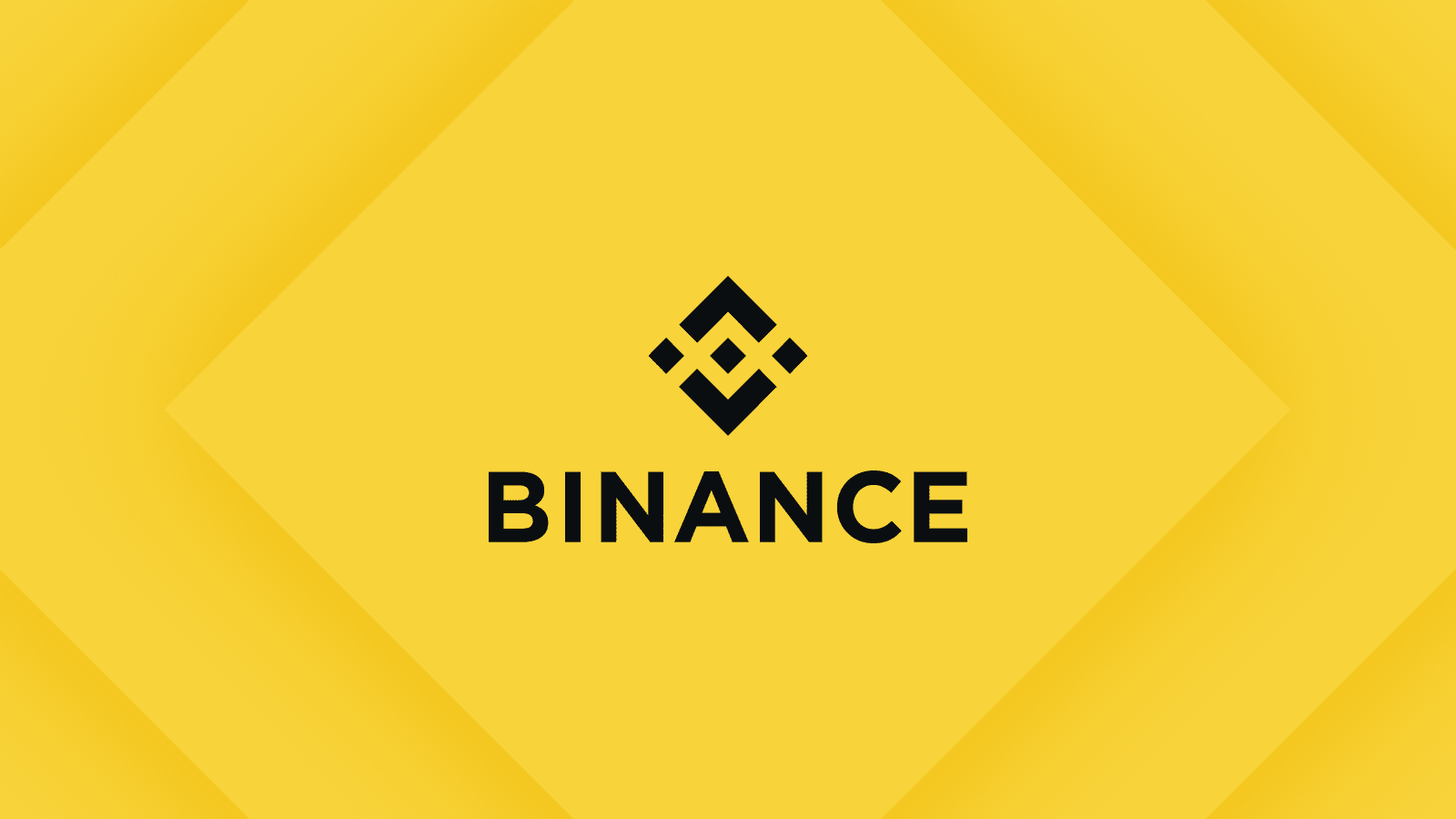News
Central Bank of Sri Lanka releases statement for Public awareness on Risks in investing in Virtual Currencies
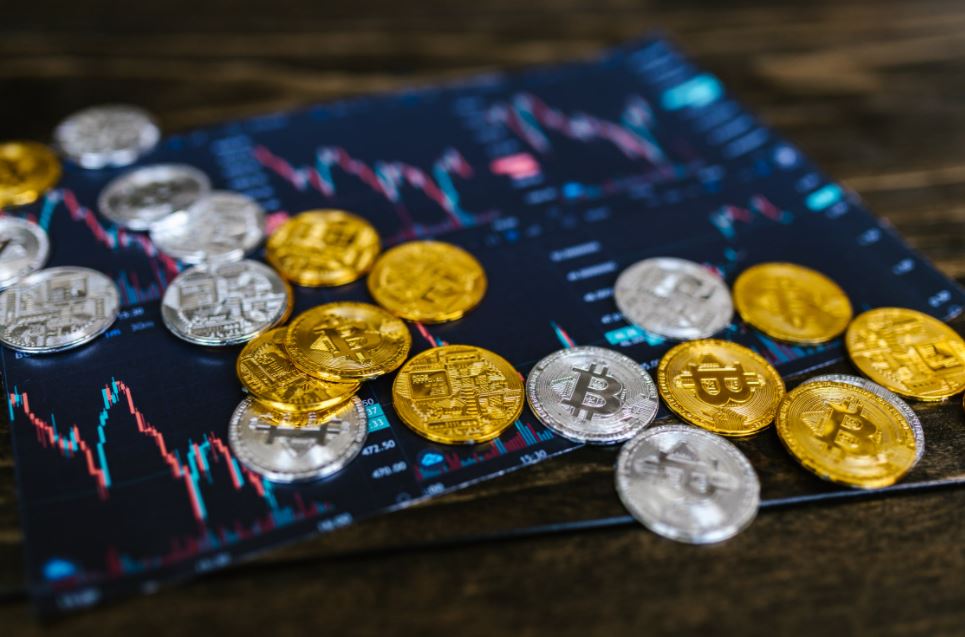
News
Cardano Addresses With $2.7B ADA Hit Break Even As ADA/BTC Bottoms Out
In a notable development for the Cardano (ADA) ecosystem, addresses holding approximately 2.7 billion ADA tokens have reached break-even status following a significant downturn in the ADA/BTC trading pair. The milestone signals renewed investor confidence in ADA’s long-term prospects despite recent market volatility.
News
Binance exec denied bail in Nigeria money laundering trial
Tigran Gambaryan, a Binance executive detained in Nigeria since February, has reportedly been denied bail by a Nigerian court in a money laundering trial.
News
Turkey seeks to aligning crypto legislation with international standards
Turkey has taken a significant step towards regulating the cryptocurrency industry, with proposed legislation that aims to align the country’s crypto regulations with international standards. The move underscores Turkey’s commitment to fostering a safe and transparent environment for crypto-related activities while addressing concerns about potential risks and abuses.
-
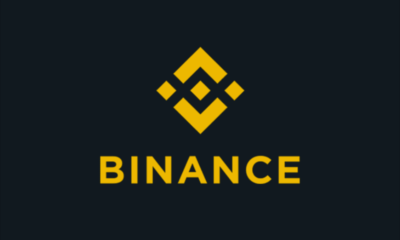
 News1 week ago
News1 week agoBinance denies reports of DWF Labs market manipulation
-

 News1 week ago
News1 week agoDeutsche Bank slammed by Tether over suggestion its stablecoin could fail
-
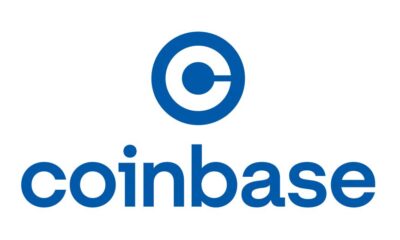
 News1 week ago
News1 week agoCoinbase sees infinite interoperability potential with Ethereum and USDC
-

 News1 week ago
News1 week agoBlockchain education initiatives take off amid crypto bull market
-

 News1 week ago
News1 week agoRwandan central bank proceeds with retail CBDC project
-

 News1 week ago
News1 week agoRipple-Partner SBI Holdings To Establish Joint Venture In Japan
-

 News1 week ago
News1 week agoCharles Hoskinson Says Biden Wants To ‘Kill’ Crypto
-

 News1 week ago
News1 week agoNigerian stakeholders request Binance reveal identity of bribery official


